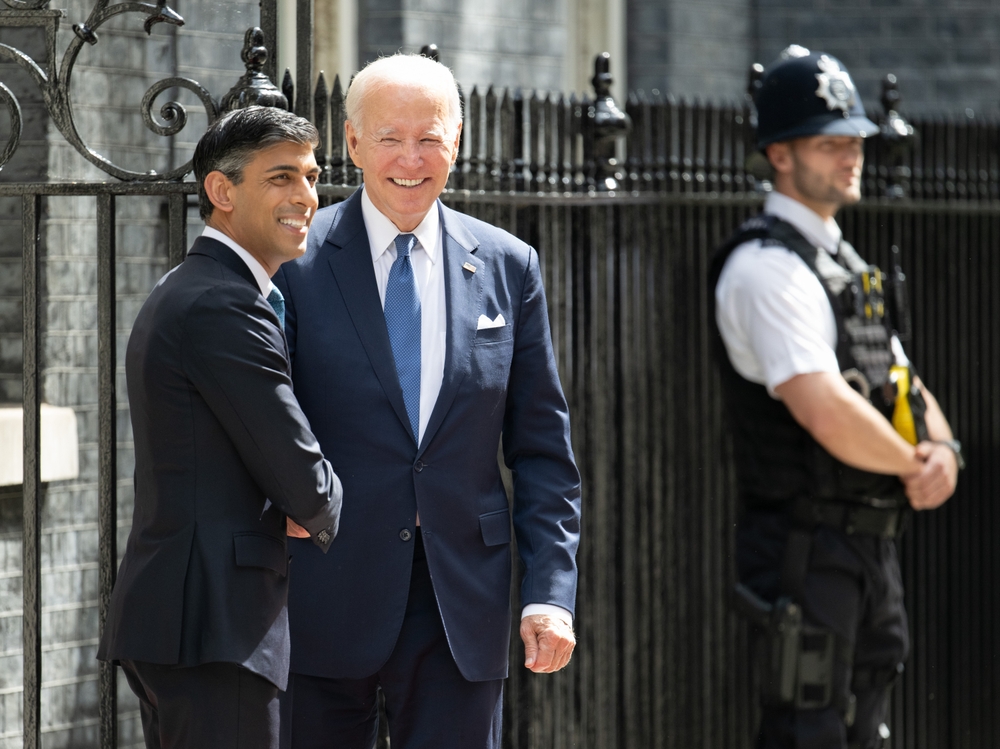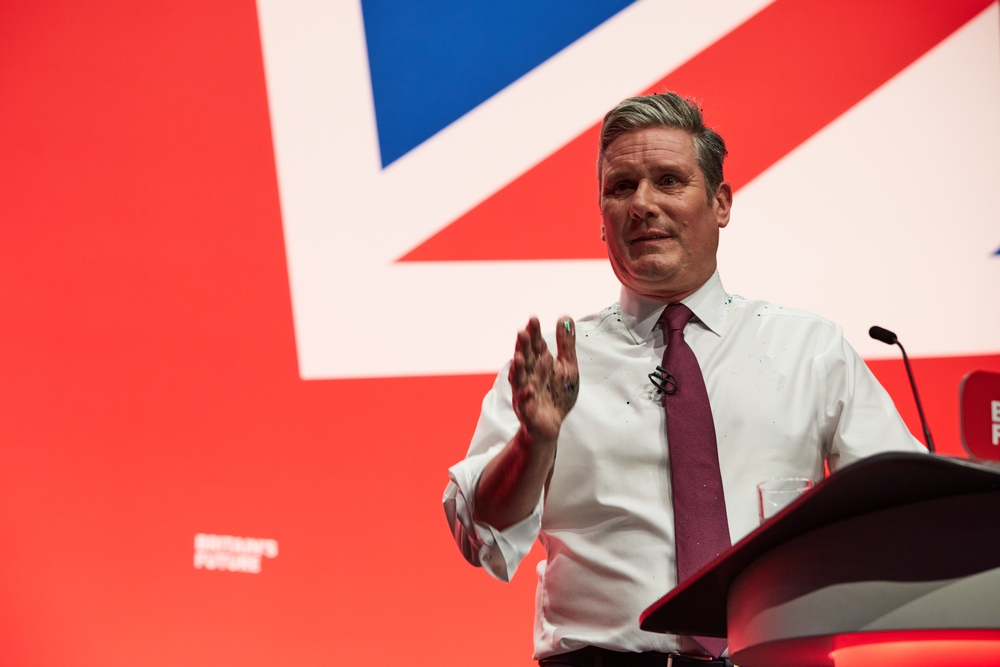
Dear Ed
It is evidently the season for offering you well-intentioned advice. Since I spend rather a lot of time finding out how the voters see things, I thought you might appreciate a view from the other side of the fence.
Most of the advice you have been getting is pretty good. David Blunkett is right that Labour must do more than articulate grievance. John Reid is right about the need to move beyond protest towards offering solutions. Tom Harris is right about the importance of showing you are the Labour Party, not the Benefits Party. Peter Mandelson is right that Labour should not try to duck the major structural challenges and choices facing Britain. Alan Milburn is right that people will soon want to know what Labour is for, not just what it is against. And above all, Tony Blair is right that Labour must move out of its “comfort zone” and offer leadership if it is to win.
Even before these helpful Blairite interventions, you must have known that much of the Labour share in current polls is partly default opposition a mid-term government with hard decisions to make and no money to spend. Your reported pursuit of a “35 per cent strategy” sounds unambitious, but shows you understand how soft Labour’s support really is.
As I found in Project Red Alert, my research on Labour’s prospects at the end of last year, a third of those who would consider voting Labour say the party hasn’t yet learned the right lessons from what went wrong during its time in government, and cannot yet be trusted to run the country again. Most of those who have switched to Labour say the party has learned its lessons, but they are at a loss to say what makes them think this. Often they simply want to believe it, which will be fine until they notice the evidence to the contrary.
People’s biggest general worry about Labour is that the party has not made clear what it would do to improve things. All most people think they have heard from you is that you are against whatever it is that the government is doing. This is understandable in the first half of a parliament, but with only 25 months to the general election that position will soon become unsustainable. It is also rather surprising, given your ambition to move the centre ground of politics. It is debatable enough whether politicians can ever move the centre ground; what is certainly true is that you can’t expect voters to move towards you if they can’t tell where you are.
More specifically, undecided voters fear that Labour would spend and borrow more than the country can afford. However much people may dislike austerity, they understand that you can’t spend what you haven’t got; by opposing every cut Labour seems to be turning away from reality. This blanket oppositionism also works against you in the welfare debate. “The problem of some people living on benefits when they are able to work” (along with “Britain’s overall level of debt”) is one of the few things that many people think would be worse today had Labour won in 2010.
I understand why you have got yourself into this position: some of your new supporters hope you will restore what they have lost in the cuts, and you are reluctant to disabuse them of the notion. But others wonder whether Labour can yet be trusted with the public finances. In other words, some potential Labour voters hope you will greatly increase public spending, and others fear that you will. Sooner or later, and probably sooner than you think, you are going to have decide who is to be disappointed.
Labour’s wholesale opposition to cuts would be slightly less incredible if you did not simultaneously complain that the deficit is falling too slowly. As it is, you seem to argue that we could borrow less if only we borrowed more. After nearly fifty years in business I know a tough sell when I see one.
One final point: what are you going to do about Ed Balls? Since he was part of the Brownite team who were in charge when it all went wrong – to put it as neutrally as possible – it is hard for you to claim Labour have learned the right lessons and moved on while he remains Shadow Chancellor (a difficult point for you to make, obviously). The other problem is that for as long as he is in place you will be stuck with the policy that unaffordable spending should continue.
Have you thought about moving him sideways to shadow Vince Cable at Business? This would keep him in the front line where his obvious political skills would remain at your disposal. It would also play to his biggest strength, that of winding up his opponents. Politically, Cable has more in common with Balls than he does with his Conservative colleagues. The continual refrain from Ed that “I agree with Vince” would drive Tory backbenchers nuts.
Just a suggestion. Why don’t we discuss over lunch?


